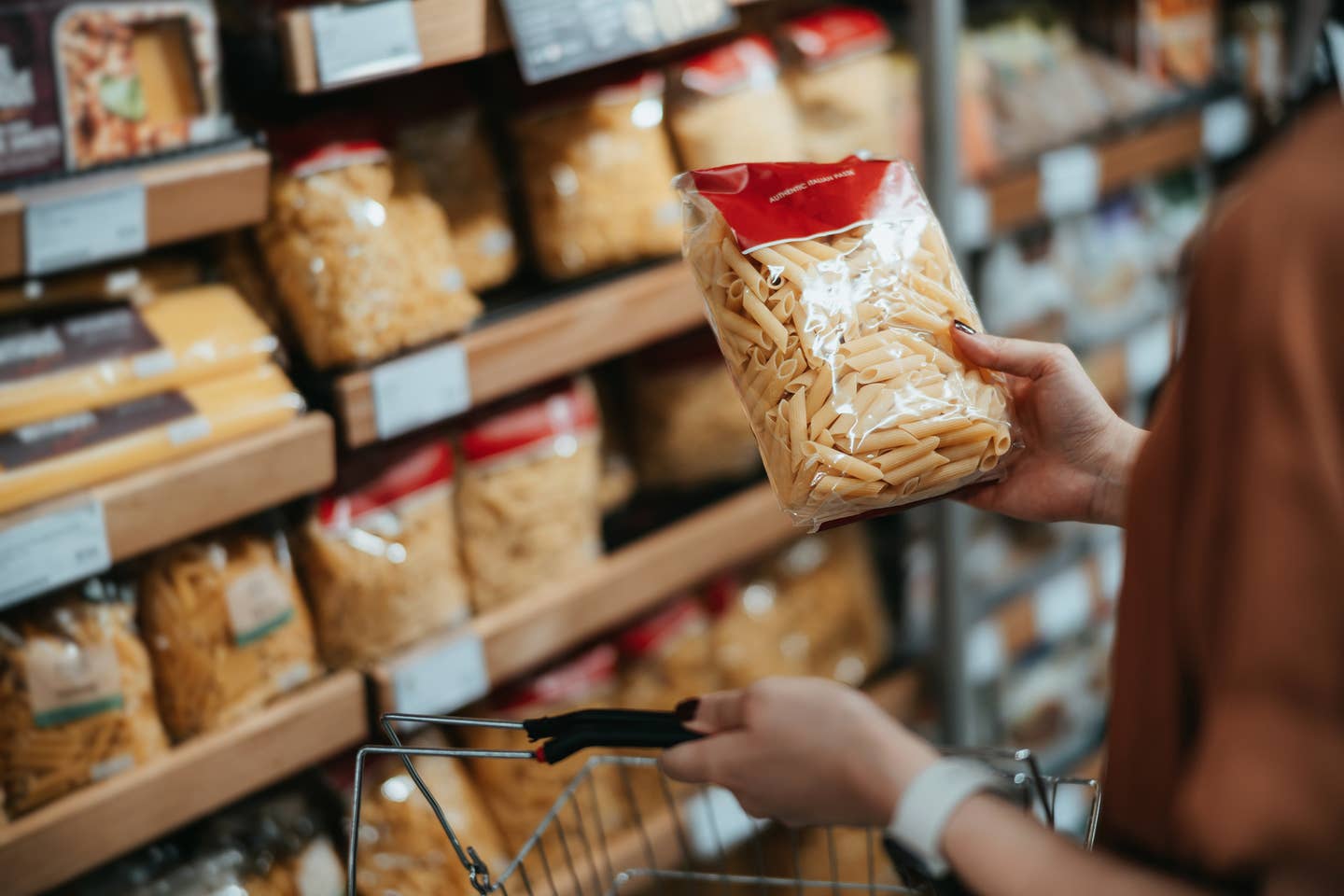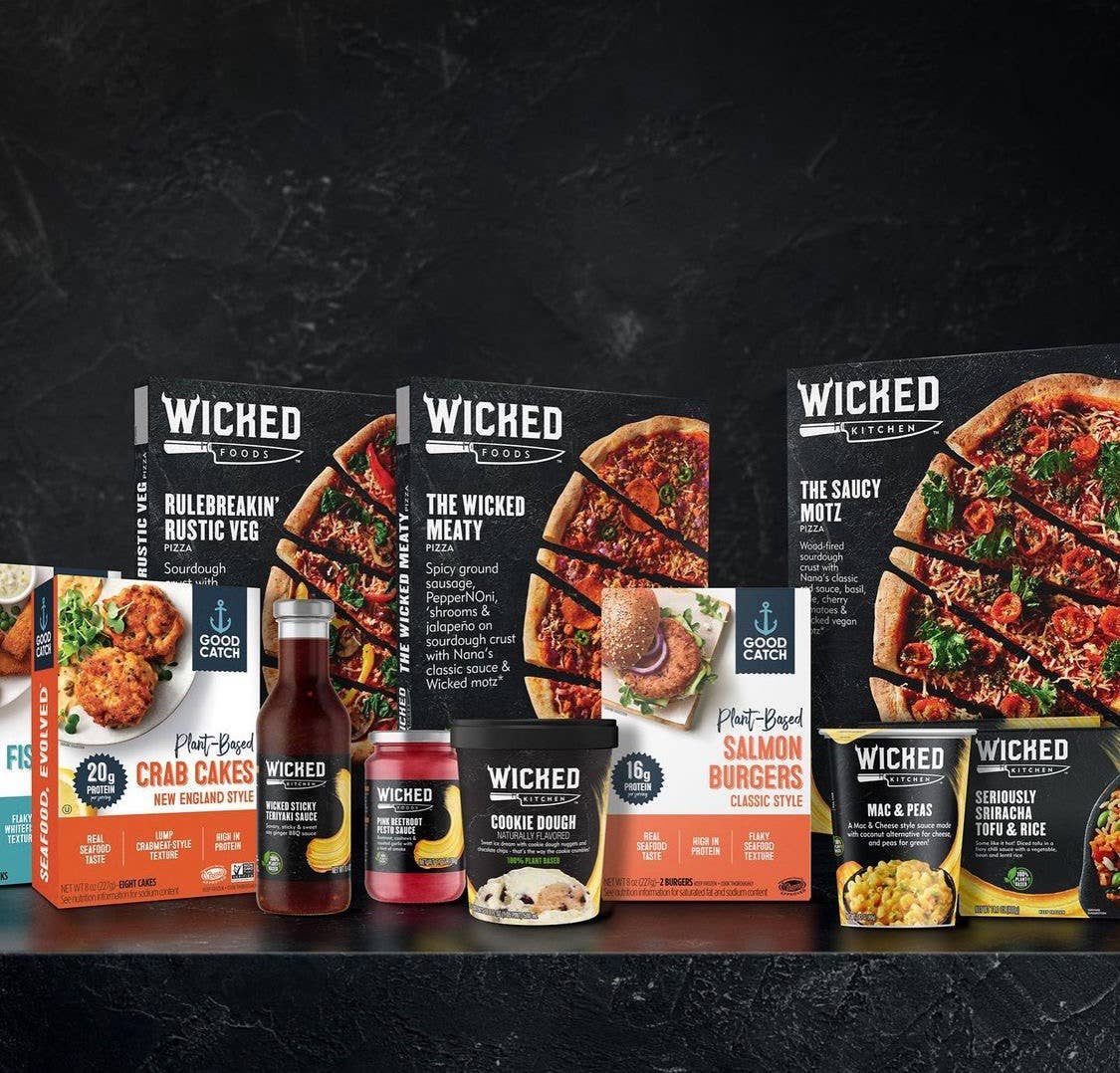
Costco Bans Coconut Milk Brand Chaokoh for Using Cruel Monkey Labor
After PETA Asia exposed two coconut milk brands, Aroy-D and Chaokoh for using cruel monkey labor to pick coconuts in Thailand,15,000 stores including Stop & Shop and Walgreens removed these products from its shelves. Now, another major retailer is banning Chaokoh coconut milk rom being sold: Costco.
Costco Bans Chaokoh Coconut Milk
Costco is pulling all Chaokoh products from its store and online following PETA's pressure to do so. "No kind shopper wants monkeys to be chained up and treated like coconut-picking machines," PETA President Ingrid Newkirk told USA TODAY. "Costco made the right call to reject animal exploitation, and PETA is calling on holdouts like Kroger to follow suit."
Costco has not released an official statement about the decision to ban Chaokoh products, but the Vice President and General Merchandise Manager of Corporate Food and Sundries Ken Kimble replied in a letter to PETA.
PETA Pressures Other Major Retailers to Follow Suit
“We have ceased purchasing from our supplier/owner of the brand Chaokoh...We will continue to monitor the implementation of the harvest policies and once satisfied will resume purchasing,” Kimble stated in the letter provided by USA Today.
In the U.S., Walgreens and Duane Reade banned these products from being sold nationwide and Cost Plus Market banned them worldwide. Dutch retailer Ahold Delhaize has pledged to prohibit any brand that uses monkey labor in its stores, which include Giant Food, Food Lion, Stop & Shop, and Hannaford.
PETA exposed eight coconut farms in Thailand using chained monkeys to pick coconuts. Companies use animal labor because monkeys can pick the fruit much faster than humans, thus helping to speed up production and lower costs. Companies are rethinking the brands they carry after PETA exposes such cruel practices.
Coconut Brands Under Pressure to Use Shortcuts and Cruel Practices
Unfortunately, many coconut milk brands use sweatshop conditions, in countries with poor populations where pickers get paid less than a dollar a day. There is now so much pressure to meet global demand for coconuts that farmers take shortcuts and even force monkeys into cruel labor practices.
Meanwhile, in order to grow coconut trees, the rainforest is being cut down in favor of these rows and rows of trees, which offer little to the biodiversity of the planet. According to an investigation by The New York Times, between 2007 to 2014, rainforests in Indonesia were clearcut at the rate of three acres per minute to make way for coconut palm trees. To avoid supporting unsustainable practices, choose coconut products, such as Ma’s Fairtrade Coconut Milk and Native Forest Coconut Milk, that are Fair Trade Certified.
To read more about which plant-based milk is best for the environment, click here.
More From The Beet






